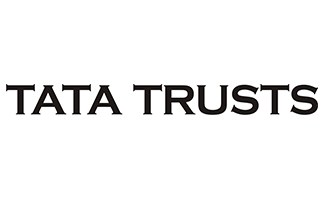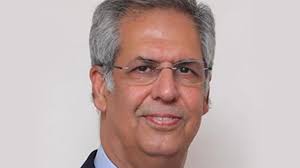Mumbai: Tata Trusts is reducing its operational and management expenses through internal restructuring, according to sources. As part of this overhaul, the roles of Chief Financial Officer (CFO) and Chief Operating Officer (COO) are being eliminated. The Trusts are also cutting back on external consultants. These cost-cutting measures began before Noel Tata was appointed as the new chairman.
An internal audit and financial review by the trustees revealed a significant rise in staffing costs, estimated at around ₹180 crore. Additional expenses from direct implementation projects increased the total workforce cost to ₹400 crore before 2022. The Trusts plan to minimize these direct implementation projects—donations executed directly through contractors—to fulfill only necessary obligations.
Chief Executive Siddharth Sharma is implementing checks and balances for effective governance and continuous monitoring. By reducing top-heavy management roles, Tata Trusts aims to redirect resources toward its core philanthropic missions while lowering administrative overhead. The organization will rely more on a lean executive committee for decision-making and governance.
“A trust should serve the public and be a true custodian of its money and property,” said a person familiar with the matter. “Charity is for the public at large, not for its own staff. We don’t need high-cost ceremonial posts, so proper checks and controls are being established.”
Tata Trusts has internal finance experts and talent to ensure smooth operations and efficient handling of accounts. Cost consciousness is critical for philanthropic organizations, noted Anand Desai, managing partner at law firm DSK Legal. “Organizations benefiting from philanthropy can be made accountable through documentation and appropriate oversight by the board and employees,” he said. “Cost pooling and selectively using domain experts can also enhance efficiency.”
Push for Agility
Tata Trusts, the umbrella organization for various philanthropic entities of the Tata Group, has traditionally played a vital role in education, health, rural development, and other sectors across India. However, operational costs have come under scrutiny as global philanthropic models shift toward more agile and cost-effective structures. Approximately 66% of Tata Sons’ equity capital is held by philanthropic trusts endowed by members of the Tata family.
On October 11, Tata Trusts appointed Noel Tata as chairman to lead the philanthropic entities that control the group. He was already a trustee of the Sir Dorabji Tata Trust and the Sir Ratan Tata Trust.
An executive committee established under the late Ratan Tata has been closely monitoring costs and will continue to do so. The committee was created to ensure that the Trusts are managed collectively rather than by an individual. It currently includes four trustees: Noel Tata, Mehli Mistry, Venu Srinivasan, and Vijay Singh.
Managing a philanthropic trust involves governance, financial oversight, and operational efficiency, said Uday Ved, partner at global tax practice group KNAV. “Trusts implement cost-management strategies while maintaining effective project execution by focusing on operational efficiency and proper resource allocation,” he explained. This includes using technology, innovation, and collaborative approaches by partnering with local organizations and leveraging community resources.
Shafaq Uraizee Sapre, Mumbai managing partner of law firm Chandhiok and Mahajan, added, “While Trusts typically manage costs from their income, they may also use employee benefit schemes to reduce cash expenses. A fresh look at the management structure usually takes place before the new calendar year to implement changes by the next financial year.”






